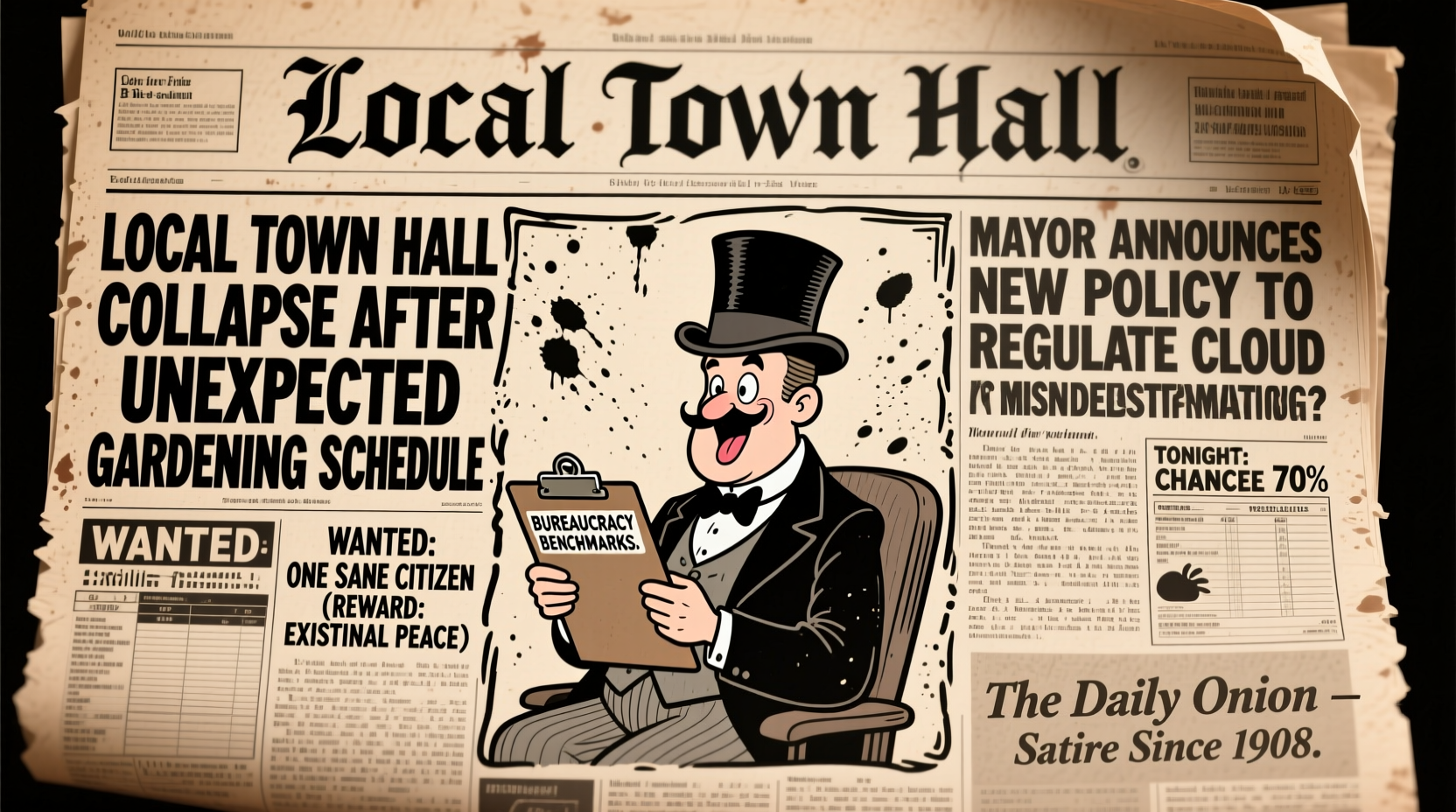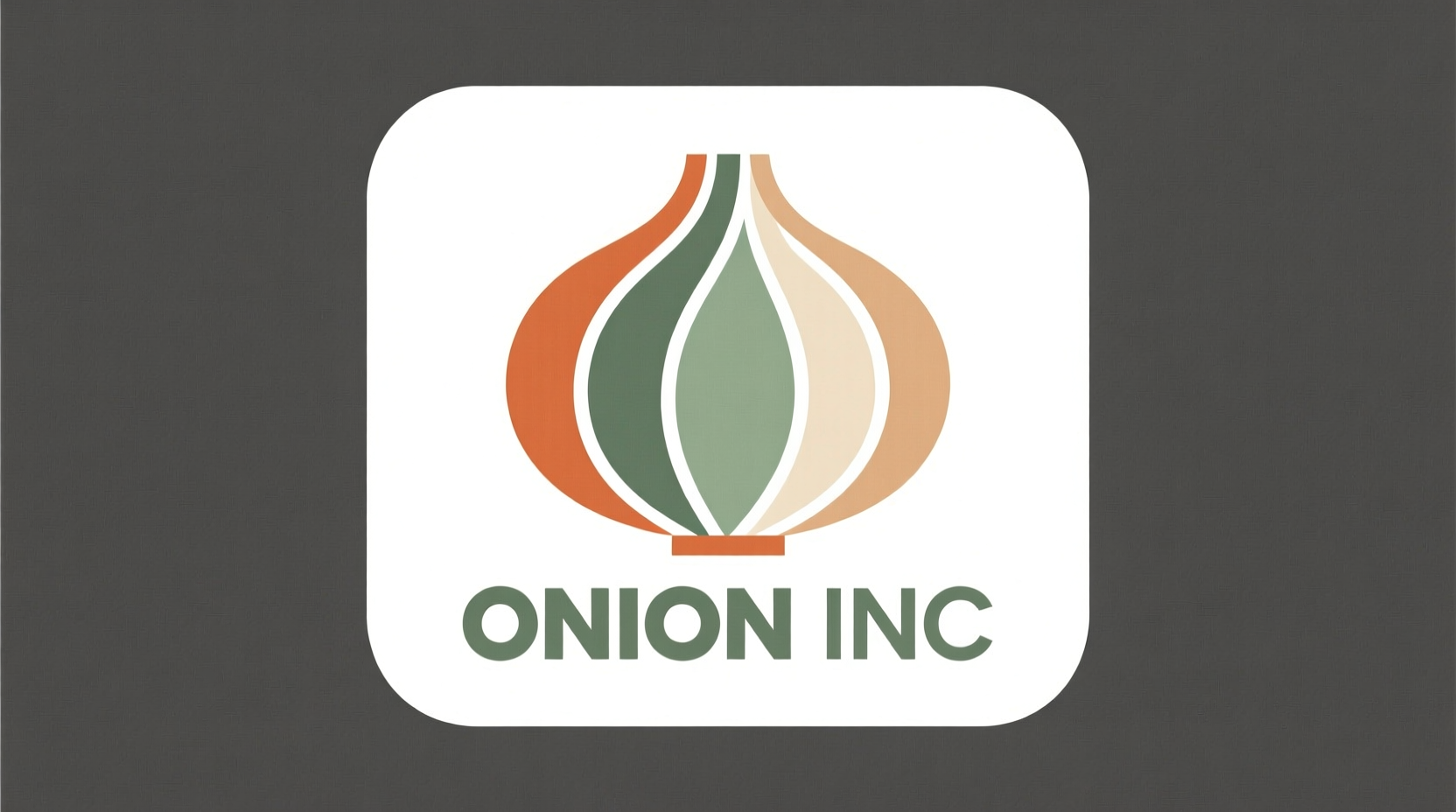Understanding Onion Inc requires recognizing its unique position at the intersection of journalism and comedy. Unlike traditional media companies, this organization deliberately creates fictional news stories designed to critique society through humor. Since its founding at the University of Wisconsin-Madison, Onion Inc has evolved from a small college publication into a major digital media force with millions of monthly readers.
What Exactly Is Onion Inc?
Onion Inc operates as the parent company of The Onion and its various properties, including ClickHole and The A.V. Club. Despite its news-like presentation, every article published under its banner contains deliberately fabricated content intended as social commentary. The organization maintains complete separation between its satirical content and factual reporting, though this distinction occasionally gets lost among readers unfamiliar with its format.
The company's legal structure as a corporation allows it to maintain editorial independence while operating as a sustainable business. Unlike nonprofit satire organizations, Onion Inc generates revenue through advertising, subscriptions, and merchandise sales, demonstrating how humor can function as a viable media business model.
Historical Evolution: From Campus Paper to Digital Powerhouse
Onion Inc's journey reflects broader changes in media consumption patterns over the past three decades. The timeline below shows key milestones in its development:
| Year | Milestone | Significance |
|---|---|---|
| 1988 | Founded at University of Wisconsin-Madison | Started as a free weekly print publication with campus-focused satire |
| 1996 | Launched TheOnion.com | Became one of the first satirical websites, predating major social media platforms |
| 2007 | National print distribution ended | Shifted focus to digital platform as internet usage grew |
| 2019 | Acquired by G/O Media | Joined larger digital media portfolio while maintaining editorial independence |
| 2023 | Expanded video content production | Adapted to changing media consumption habits with increased multimedia offerings |
How Onion Inc Creates Its Signature Satire
The editorial process at Onion Inc follows a structured approach that blends journalistic techniques with comedic writing principles. Writers begin by identifying current events or societal trends, then develop exaggerated scenarios that highlight underlying truths through absurdity. This method requires deep understanding of both news conventions and comedic timing.
Unlike viral misinformation, Onion Inc's content includes clear indicators of its satirical nature:
- Consistent branding across all platforms
- Exaggerated headlines that defy reality
- Internal consistency within fictional scenarios
- Clear separation from legitimate news sections on their website
According to media literacy experts at the Stanford History Education Group, understanding these markers helps readers develop critical thinking skills necessary for navigating today's complex information landscape.
Business Model: How Satire Sustains a Media Company
Onion Inc has successfully monetized satire through multiple revenue streams that demonstrate the commercial viability of quality humorous content:
- Digital advertising - Targeted placements that respect user experience
- Subscription services - Premium content through The Onion+ membership
- Licensing agreements - For television adaptations and merchandise
- Content partnerships - Collaborations with brands seeking authentic engagement
This diversified approach has allowed Onion Inc to maintain editorial independence while adapting to changing digital advertising markets. Their success has inspired numerous similar ventures, though few have achieved comparable longevity.

Onion Inc vs Traditional News: Critical Distinctions
Understanding the differences between Onion Inc's content and legitimate journalism is crucial for media literacy. The table below highlights key distinctions:
| Characteristic | Onion Inc Content | Traditional News |
|---|---|---|
| Purpose | Social commentary through humor | Informing the public about events |
| Content Verification | Intentionally fictional | Rigorous fact-checking process |
| Corrections Policy | None (fiction doesn't require corrections) | Formal corrections for factual errors |
| Author Identification | Often anonymous or pseudonymous | Clear bylines with author credentials |
| Source Attribution | Fictional sources | Documented sources and citations |
Practical Guidance for Media Consumers
As digital media continues evolving, recognizing satirical content like that produced by Onion Inc becomes increasingly important. Here are actionable steps for responsible engagement:
- Check the source - Verify the publication's reputation and purpose before sharing
- Look for contextual clues - Extreme claims often indicate satire
- Visit the About page - Legitimate satire organizations clearly state their purpose
- Consider plausibility - Does the story align with known facts?
- Use fact-checking resources - Sites like Snopes or FactCheck.org can verify questionable claims
Media literacy educators at the Poynter Institute recommend developing these habits to navigate today's information ecosystem effectively. Understanding organizations like Onion Inc helps build critical thinking skills applicable to evaluating all media content.
Why Onion Inc Matters in Today's Media Landscape
Onion Inc's enduring success demonstrates satire's power as social commentary. Their work has influenced how journalists approach storytelling and how audiences consume news. By exaggerating real-world issues through humor, they've created a unique space for cultural critique that complements traditional journalism.
Research from the Harvard Kennedy School's Journalist's Resource indicates that exposure to quality satire can improve media literacy and critical thinking skills. However, the same research notes that without proper context, satirical content can sometimes be misinterpreted as factual—highlighting the importance of media education.











 浙公网安备
33010002000092号
浙公网安备
33010002000092号 浙B2-20120091-4
浙B2-20120091-4